Author and Bible teacher Priscilla Shirer met her husband, Jerry Shirer, when she was only 23 years old and gave a motivational speech at a luncheon for a group of executives. She described the beginning of her love story to actor and producer Candace Cameron Bure in the most recent episode of “The Candace Cameron Bure Podcast.”
“It is interesting when Jerry and I are at the 25-year mark now, and…it was so far in the future when we first got married, and then all of a sudden you’re there, and you’re not exactly sure how that happened,” said Priscilla. “And then you’re grateful that you do still kind of like each other, and, you know, you want to spend time together.”
“And you realize there are very few relationships these days that are going the distance,” she added, “so I feel really grateful.”
Priscilla Shirer and Candace Cameron Bure ‘Talk Husbands’
Candace Cameron Bure is known for starring in the 90s sitcom “Full House” and the 2016-2020 spinoff, “Fuller House,” as well as numerous Hallmark movies. In 2022 she announced she had left the Hallmark Channel and signed with Great American Family, where she serves as chief creative officer.
Priscilla Shirer is a co-founder with her husband, Jerry, of Going Beyond Ministries. She is the New York Times bestselling author of more than two dozen books and has had featured roles in a number of films, including “War Room,” “I Can Only Imagine,” and her latest, “The Forge.”
At the beginning of the women’s conversation, Candace said, “Let’s talk husbands for a minute because you adore yours and I adore mine.”
Priscilla said that she met Jerry, who is 6-and-a-half years older than she is, when she was 23. She had been invited to speak at a meeting for some executives (“I don’t know why,” she said) and planned to give a 15-minute motivational talk. At the time, Jerry was an executive for Hilton Hotels.
For some reason, the woman organizing the luncheon thought that Priscilla and Jerry should meet. “I didn’t know this woman,” said Priscilla. “She’d never met me before, nor I her.” When Priscilla learned the woman wanted her to meet a young executive at the meeting, “I was like, ‘Girl, what?’”
On the flip side, when Jerry learned that Priscilla was the one who would be speaking at the luncheon, he said he didn’t want to meet her—because she was his pastor’s daughter!


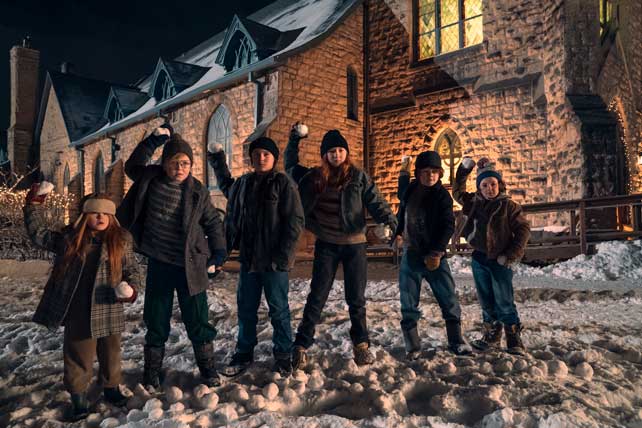
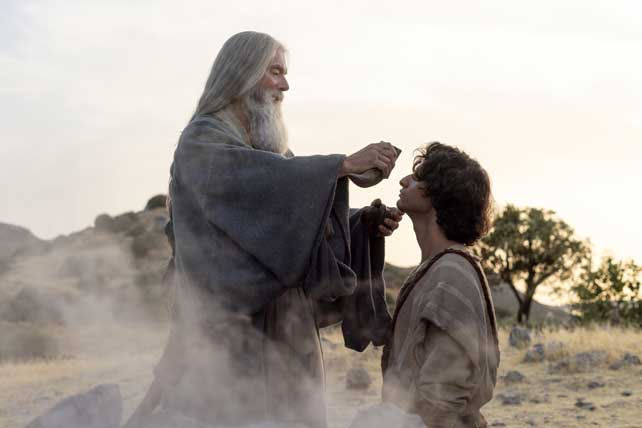






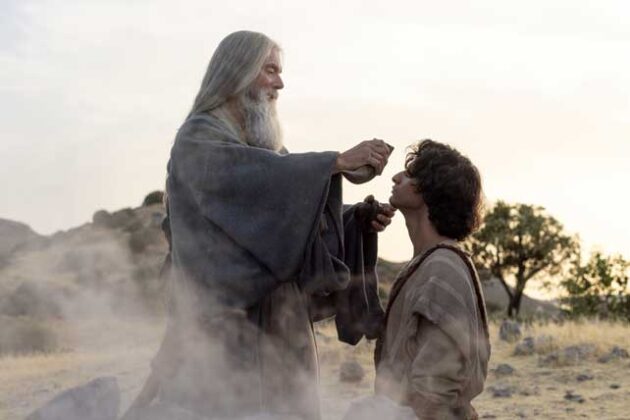

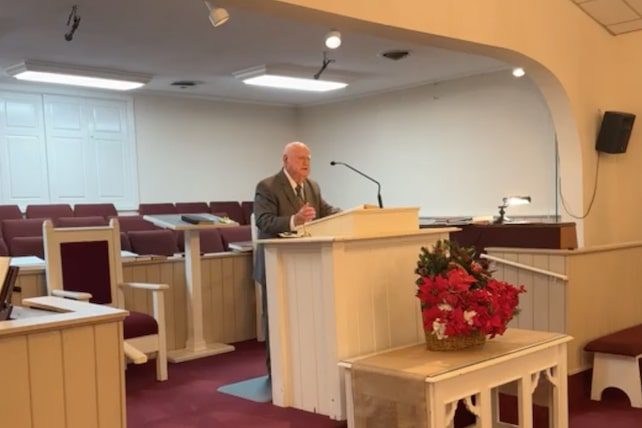
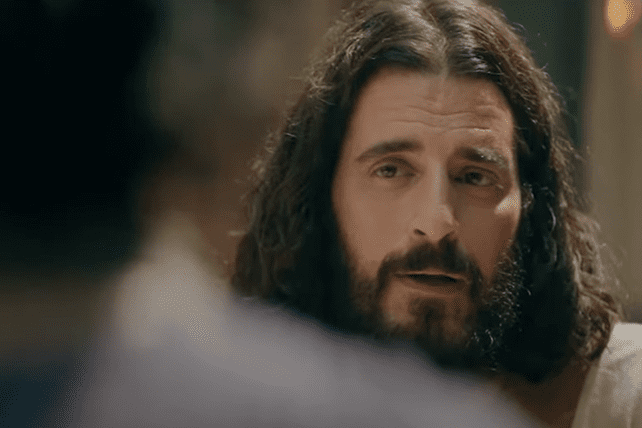
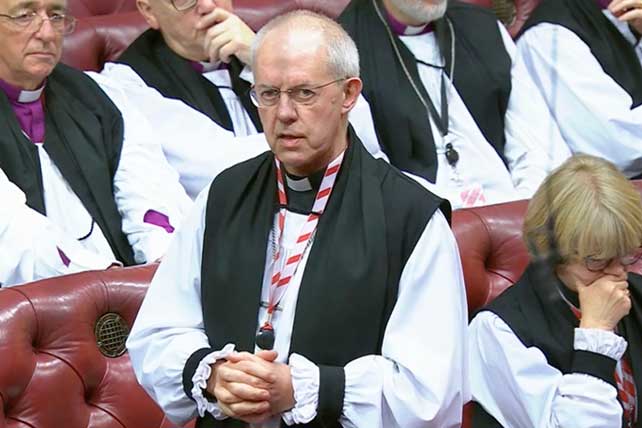
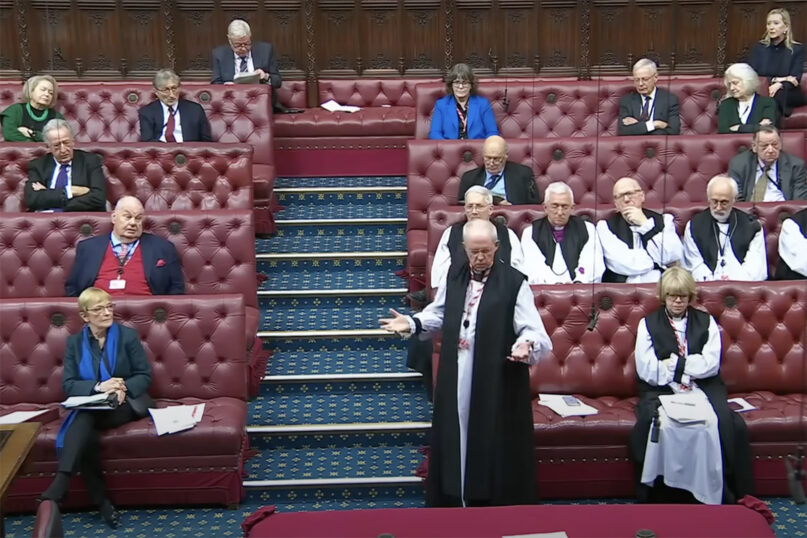








 Whether you’re starting a church, beginning a new pastoring role, or stepping in to lead a ministry, no one usually introduces the position as a lonely one. We focus on the ministry potential, the congregation needing a shepherd, and the ways God will miraculously move to better his kingdom. And yet, a recent
Whether you’re starting a church, beginning a new pastoring role, or stepping in to lead a ministry, no one usually introduces the position as a lonely one. We focus on the ministry potential, the congregation needing a shepherd, and the ways God will miraculously move to better his kingdom. And yet, a recent 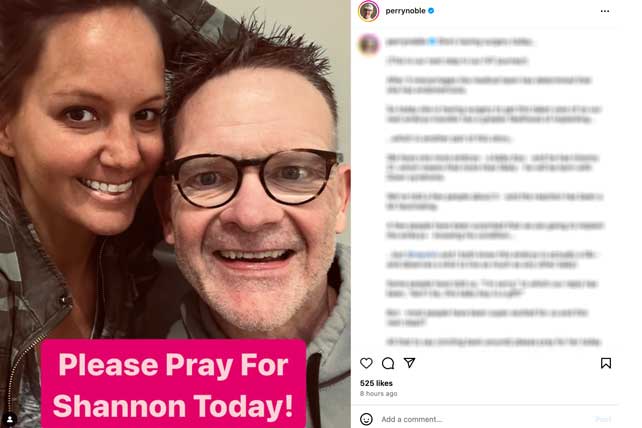


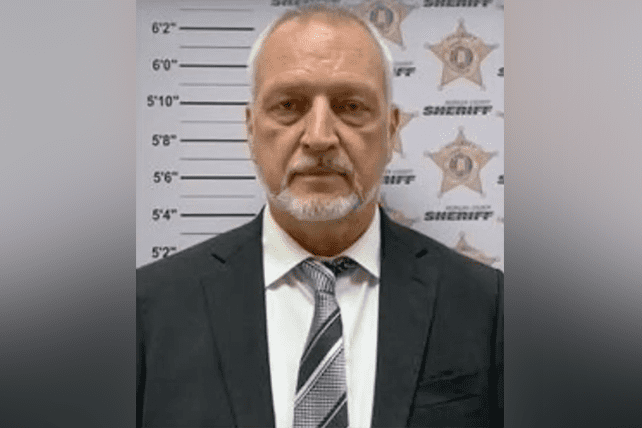

 In exploring the profound concept of identity, we delve into how one’s conscious sense of self is shaped by personal, social, and psychological dimensions. Central to this discussion is the Christian perspective of finding one’s identity in Christ, where believers strive to align their self-perception with how Jesus views them and live out their created potential according to his design.
In exploring the profound concept of identity, we delve into how one’s conscious sense of self is shaped by personal, social, and psychological dimensions. Central to this discussion is the Christian perspective of finding one’s identity in Christ, where believers strive to align their self-perception with how Jesus views them and live out their created potential according to his design.







